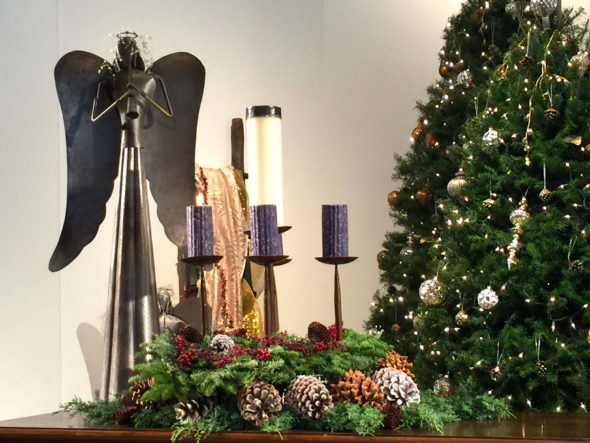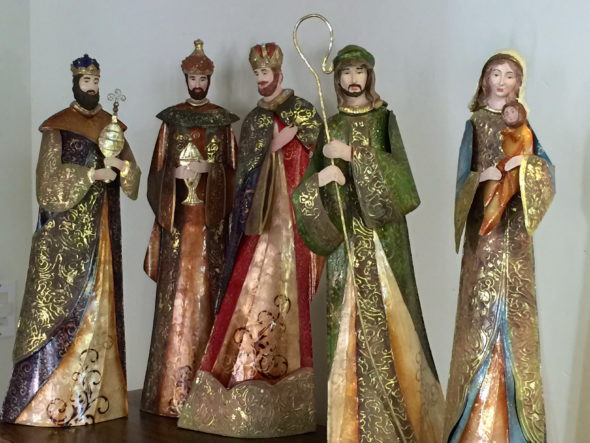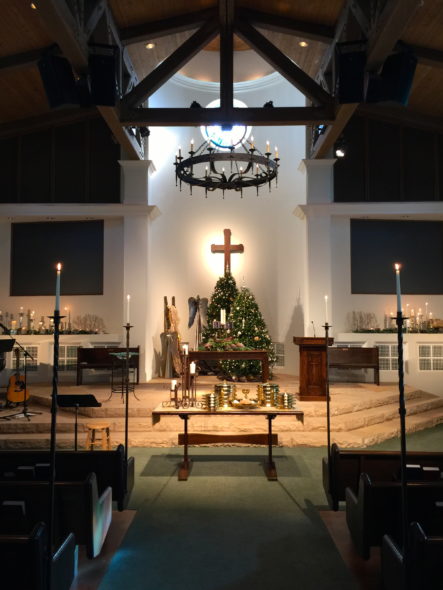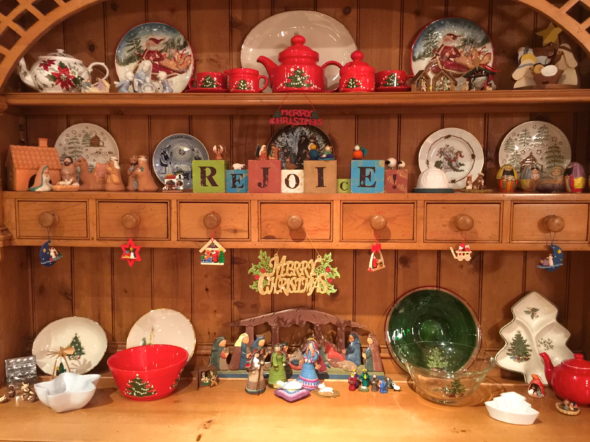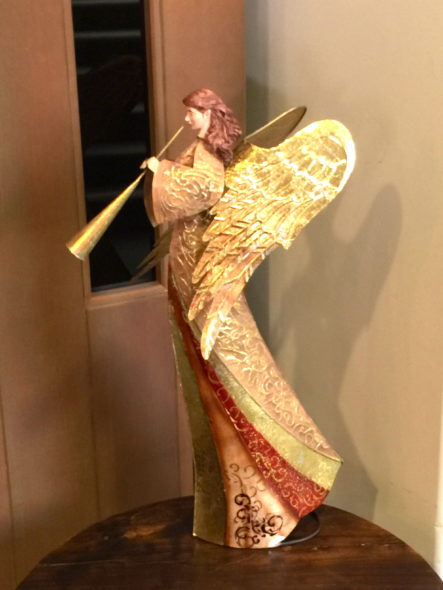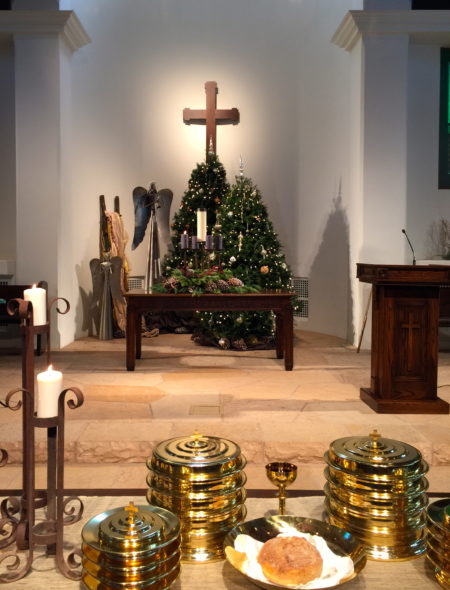Psalm 42
Zechariah 8:1-17
Matthew 8:14-17
Matthew 8:14-17
When Jesus entered Peter’s house, he saw his mother-in-law lying in bed with a fever; he touched her hand, and the fever left her, and she got up and began to serve him. That evening they brought to him many who were possessed with demons; and he cast out the spirits with a word, and cured all who were sick. This was to fulfill what had been spoken through the prophet Isaiah, “He took our infirmities and bore our diseases.”
I love seeing the references to Isaiah in the New Testament. There are some glorious sections in the Isaiah collection of that are among the most lyrical words in the entire Bible — words of hope and promise mingled with the more usual prophetic words of despair and disdain. The entire large chunk known as the Songs of the Suffering Servant (chapter 49-53) can be found laced throughout the stories of Jesus in our gospels and is implicit in the apologetics and systematic theology of the apostles Paul and Peter and John.
The reference in our passage for today — from Isaiah 53:5 — is one of the earliest ones in the New Testament, only eight chapters into the first gospel, and is an interesting way to apply that line in Isaiah. Most often, we tend to think of Jesus ‘taking our infirmities and bearing our diseases’ as he was dying on the cross. But here we have a strong, clear reminder that it was not only Jesus’s death that fulfilled the Old Testament prophecies, but his life. His life.
Which is exactly why we celebrate this holiday every year. Jesus is God come to earth, to live a human life. Yes, he was God. But he was also a man. The Man. The Human Ideal. And that is a key piece, a crucial ingredient in our own journey of salvation and healing.
Jesus came not just to save us from our sins, as wonderful and life-changing as that is. He came to teach us about living as well as about dying. To show us how to ‘bear with’ one another, to bring hope where hope is hard to find, to move forward in peace and kindness, to restore us to our most whole selves so that we can be about the business that is ours to do.
Peter’s mother-in-law was restored to her work, did you catch that? She was a gracious host, welcoming a gaggle of strangers to her small home — a place many scholars believe became a kind of ‘headquarters’ for Jesus and his gang of twelve. And she was one of a long list of women who cared for that gang, who provided food, shelter, clothing and funds and all the while, drank in the teachings of the rabbi. Then, when the time came for the church to be born, they were all ready to go: a trained set of teachers, leaders, hosts and hostesses, bearers of the Good News to a world that needed it desperately.
Are you ready to be one like her? Has Jesus borne your diseases and taken your infirmities? Perhaps not literally (although maybe that is true, too), but metaphorically? What is the work to which you have been called at this point in your own journey? Do you need a season of restoration before you can more fully enter in? If so, take the time to ask Jesus to ‘touch your hand’ today.
